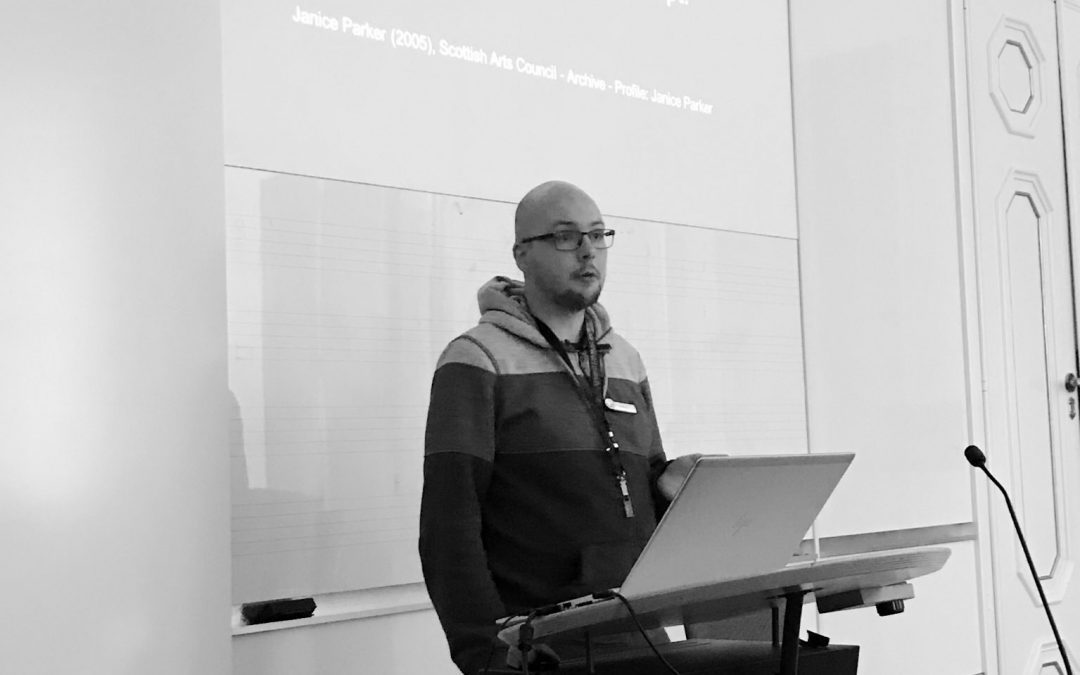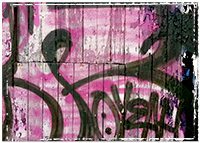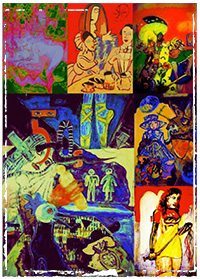Hi Joe, congratulations on passing your viva! How does it feel?!
Great, and a relief! Although I enjoyed the viva in the end, it’s nice not to be waiting for it to happen anymore.
What was your PhD title?
The Design of Exploratory Sonic-Play Instruments With Non-Verbal Young People on the Autistic Spectrum
Can you explain in a couple of sentences what your PhD was about?
I explored ways of making instruments that allow non-verbal young people on the autistic spectrum to explore different types of sounds and different ways of interacting with an instrument. Ideas about interaction were developed through my practice as an improvising saxophonist, and then applied to the collaborative design of instruments with a small group of young autistic people. The project also developed to be about the ways in which these instruments might help neurotypical people to collaborate with – and learn from – the unique perspectives of these young people.
Can you sum up your PhD experience in three words?
Ups and downs.
What was the viva like?
Far more enjoyable than expected (even though everyone told me that would be the case). I started by presenting the practical elements of my thesis: a system for improvising with the saxophone, and the instrument that was developed with the young participants in the study. This turned out to be quite a good ice-breaker! From there, a conversation about the work emerged quite naturally. The rest of the viva went by in a flash, some of the questions were challenging, but all part of a constructive and interesting chat about the work, which was nice after three years of intense study! It was also an opportunity to get fresh feedback on the work, which has given me new things to think about moving forward.
What are your top tips to someone preparing for their viva?
I was given really good advice from my supervisors to prepare short answers for questions that might come up (contribution, method, etc.). In particular, I marked key pages or passages that helped to answer these questions. This had an additional benefit of giving me good practice in ‘navigating’ the thesis, in getting to a particular section or piece of information in there. That turned out to be quite useful in answering a few questions in the viva, and I’d recommend finding a way that makes it easy to find what you need in the document quickly and easily.
It also helped me a lot to get away from my thesis for a good while before coming back to viva preparation. I’d recommend either taking time off or putting your energy in other things for a while before thinking about the PhD again.
Apart from that, I was fortunate in that I was able to get into the room to set up my instruments before the viva. That also allowed me to arrange the room myself. When I arrived, the room was really hot and quite messy. Although it may seem a small detail, I’m glad I had the chance to open the windows and de-clutter the room before the viva began. I’d also recommend trying to do this if possible if you think it will make a difference to you.
Any advice you’d tell your earlier PhD self now you’ve made it to the other side?
To be more confident in writing things down, and in sharing ideas. Particularly in the first year. I found both of those things quite intimidating in the first year of my research (I still do!), but both are very useful, and I’d like to have been bolder in sharing my work early-on.
What are you up to now and any exciting plans for the future?
I’m currently trying to find ways to continue researching the core themes of my research, and to apply them to contexts where the knowledge might be useful. I’m currently talking with a large music service and an inclusive theatre company about collaborative research projects which I hope can be part of my post-doctoral research.
Image: Dr Joe Wright presenting his research at Rhythm Changes 2019, Graz (Austria).



